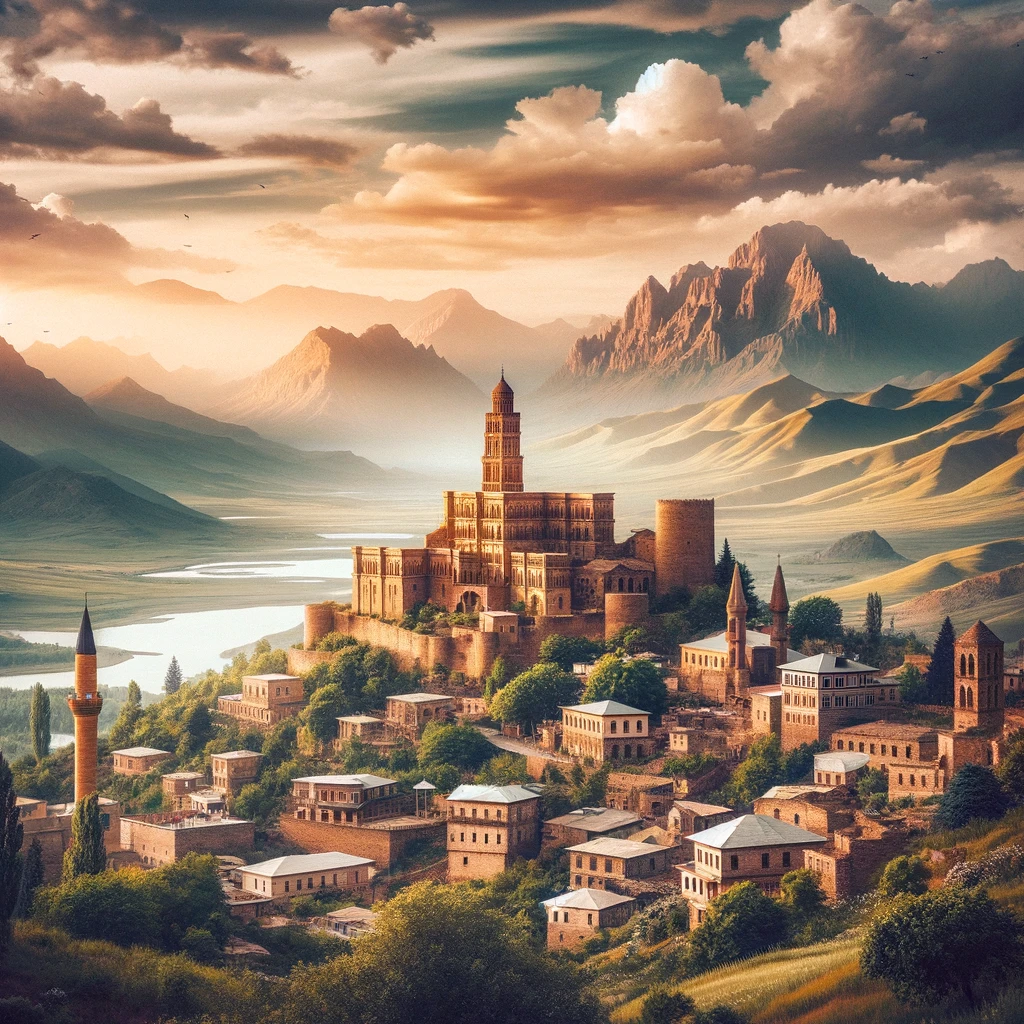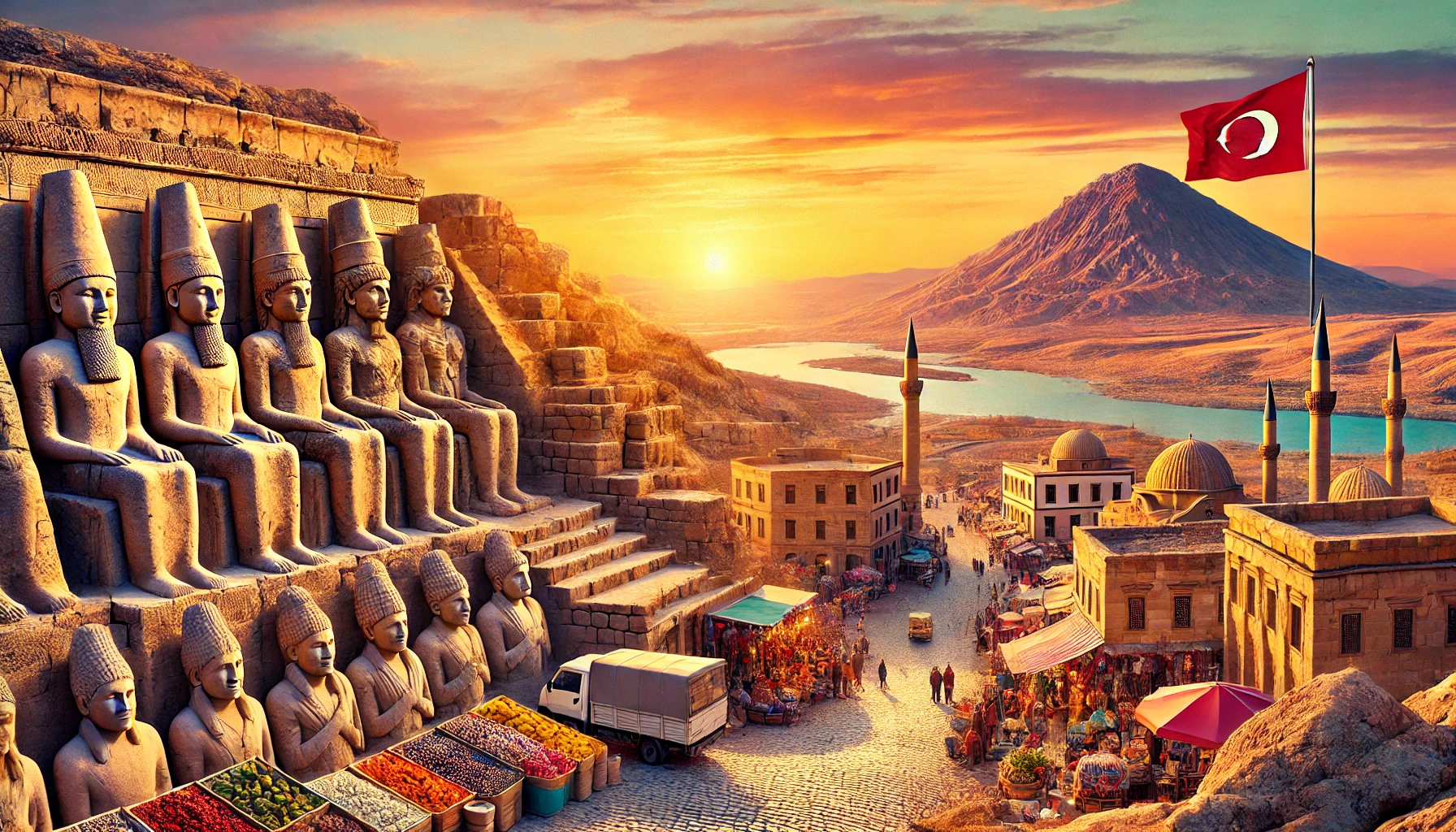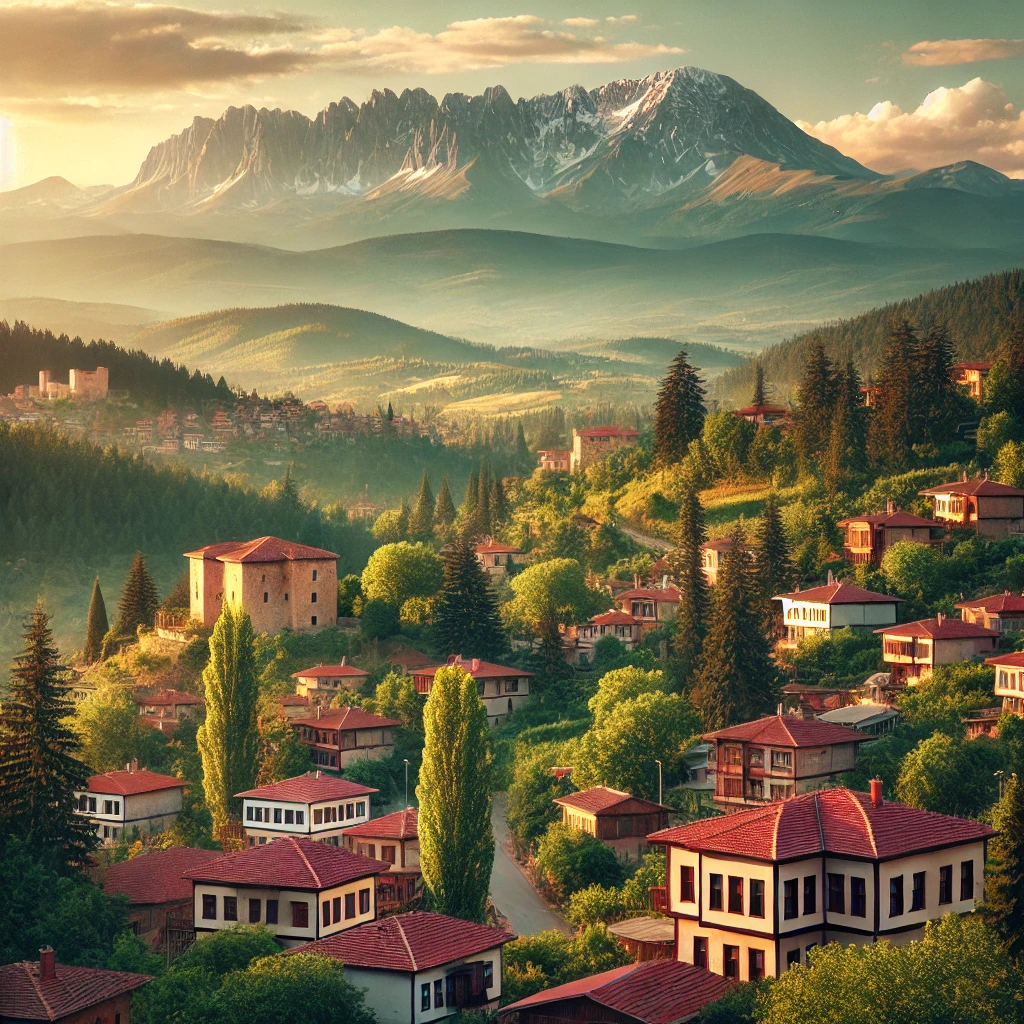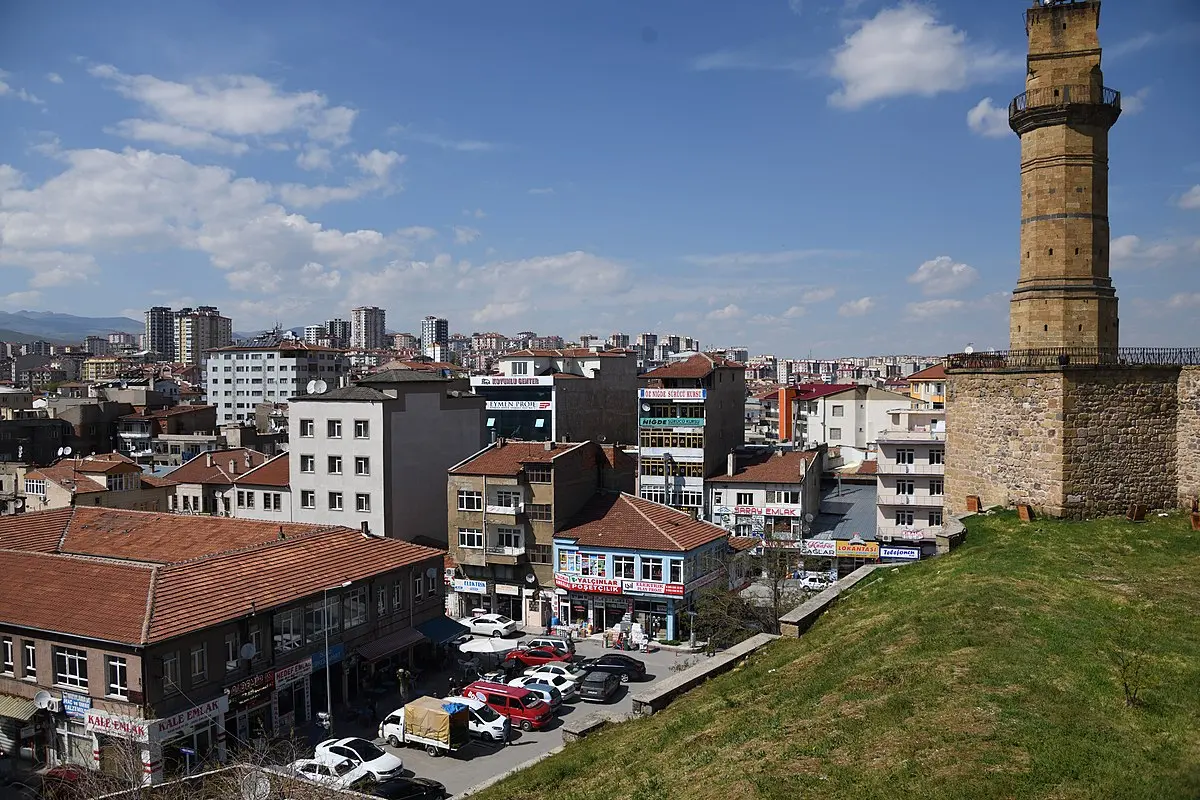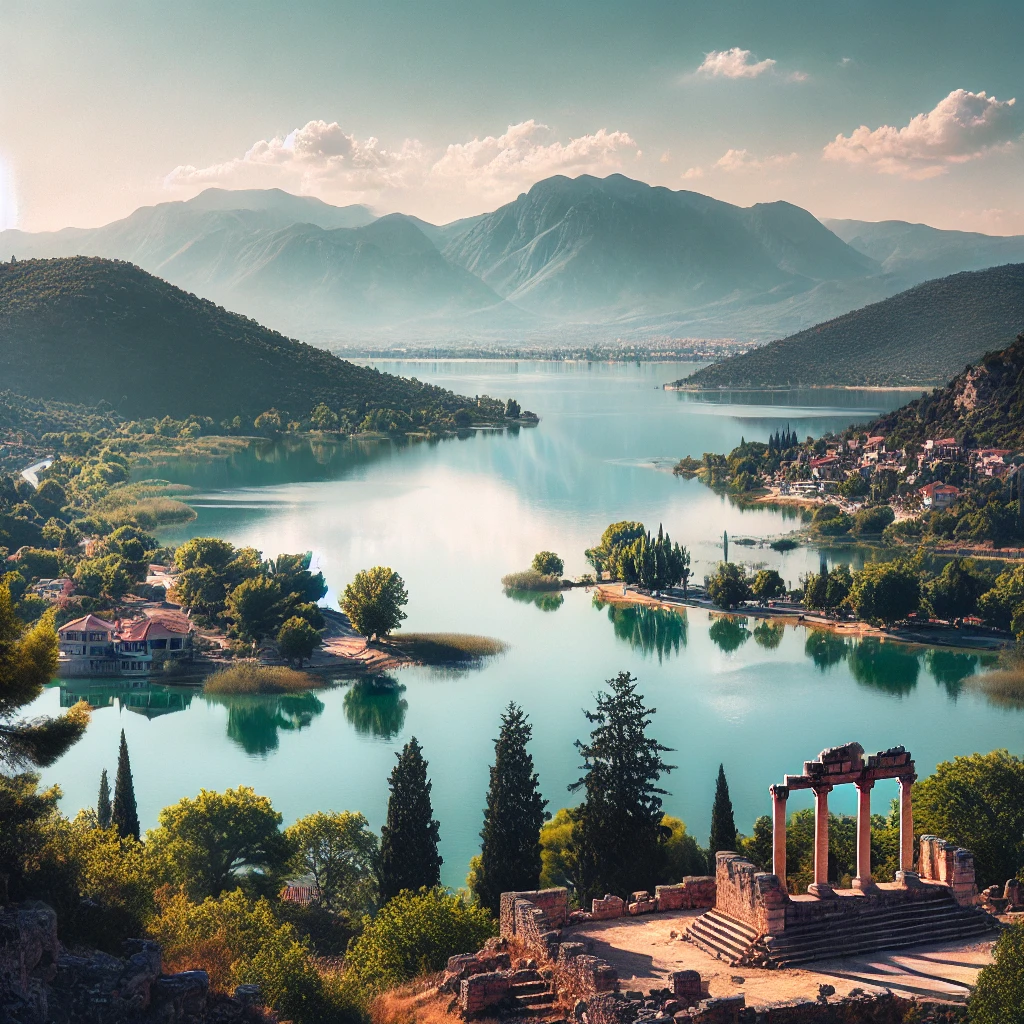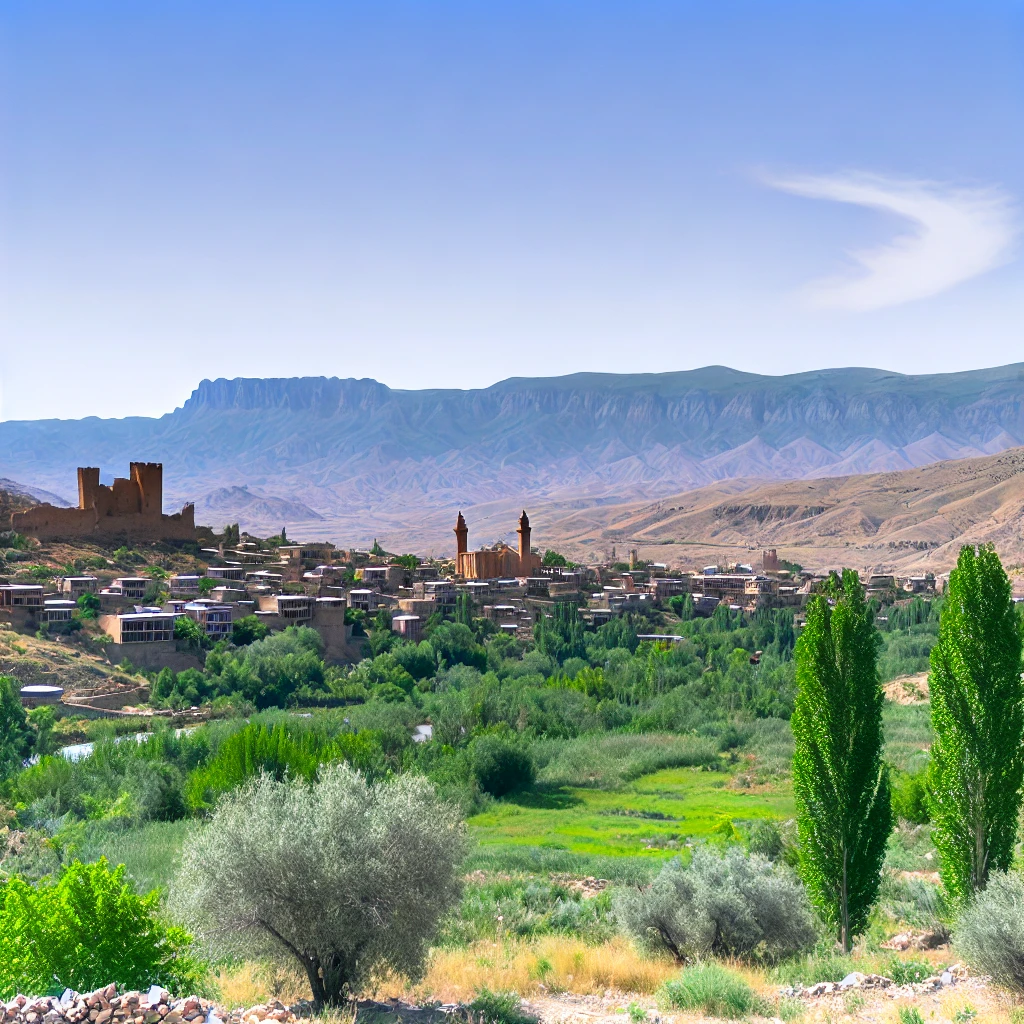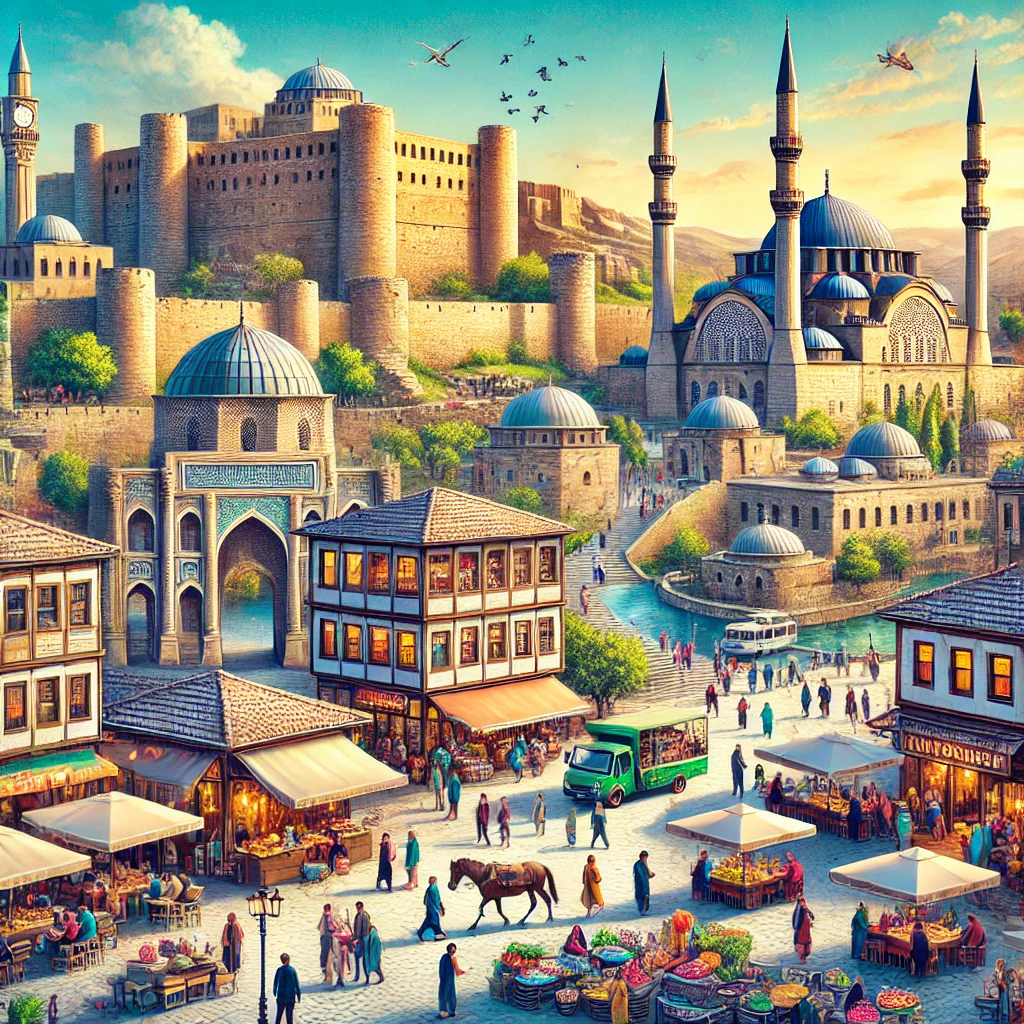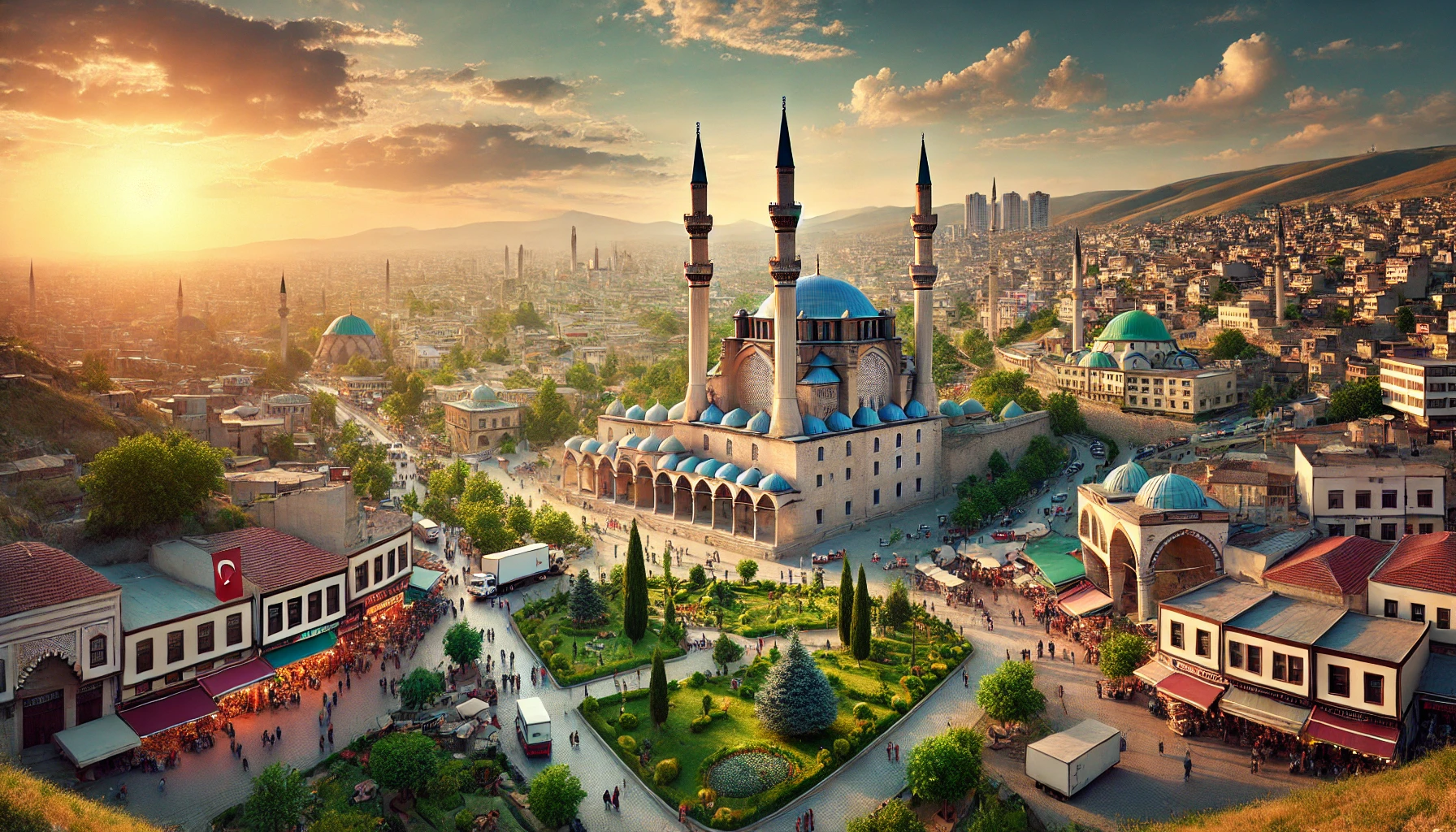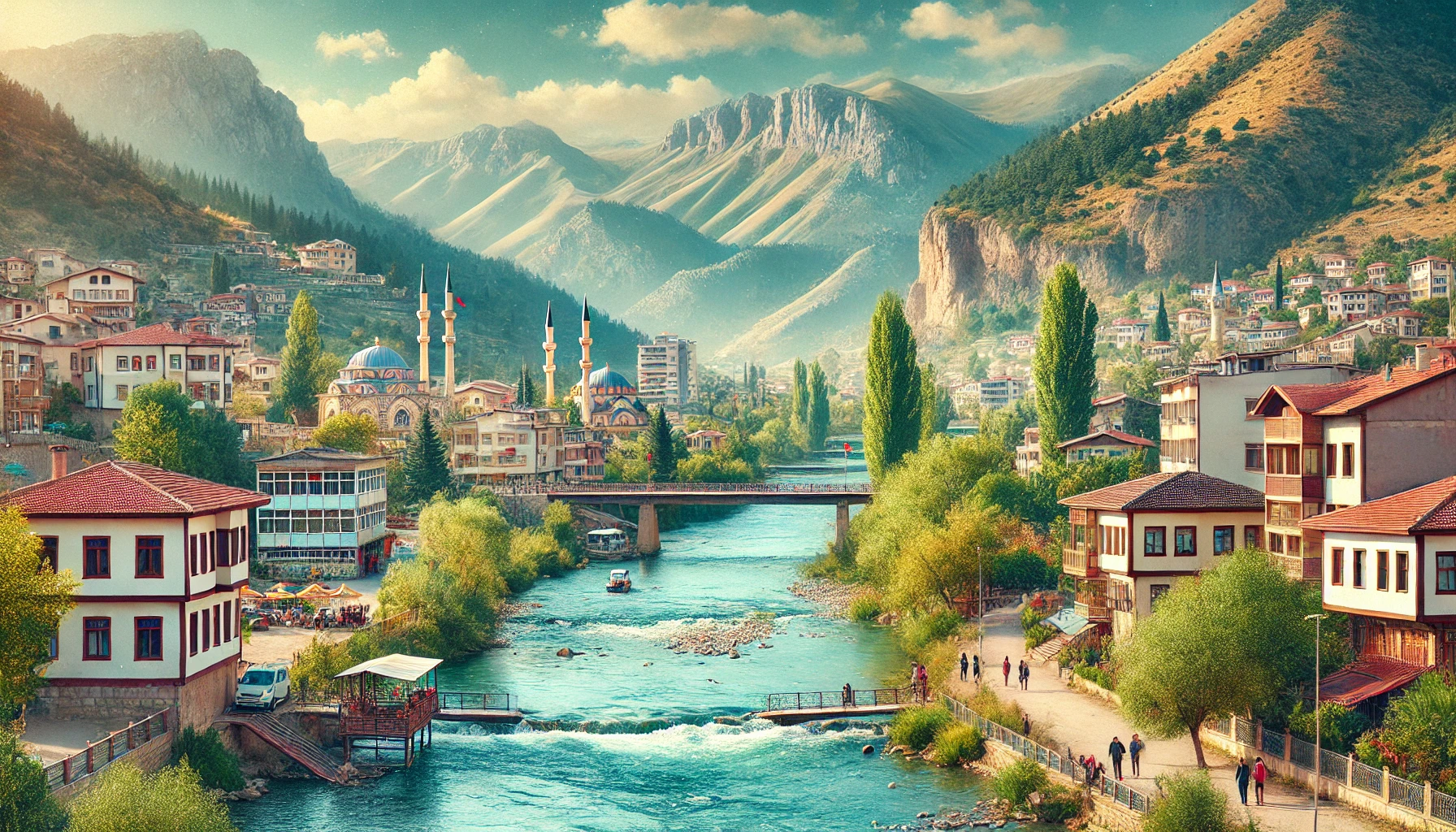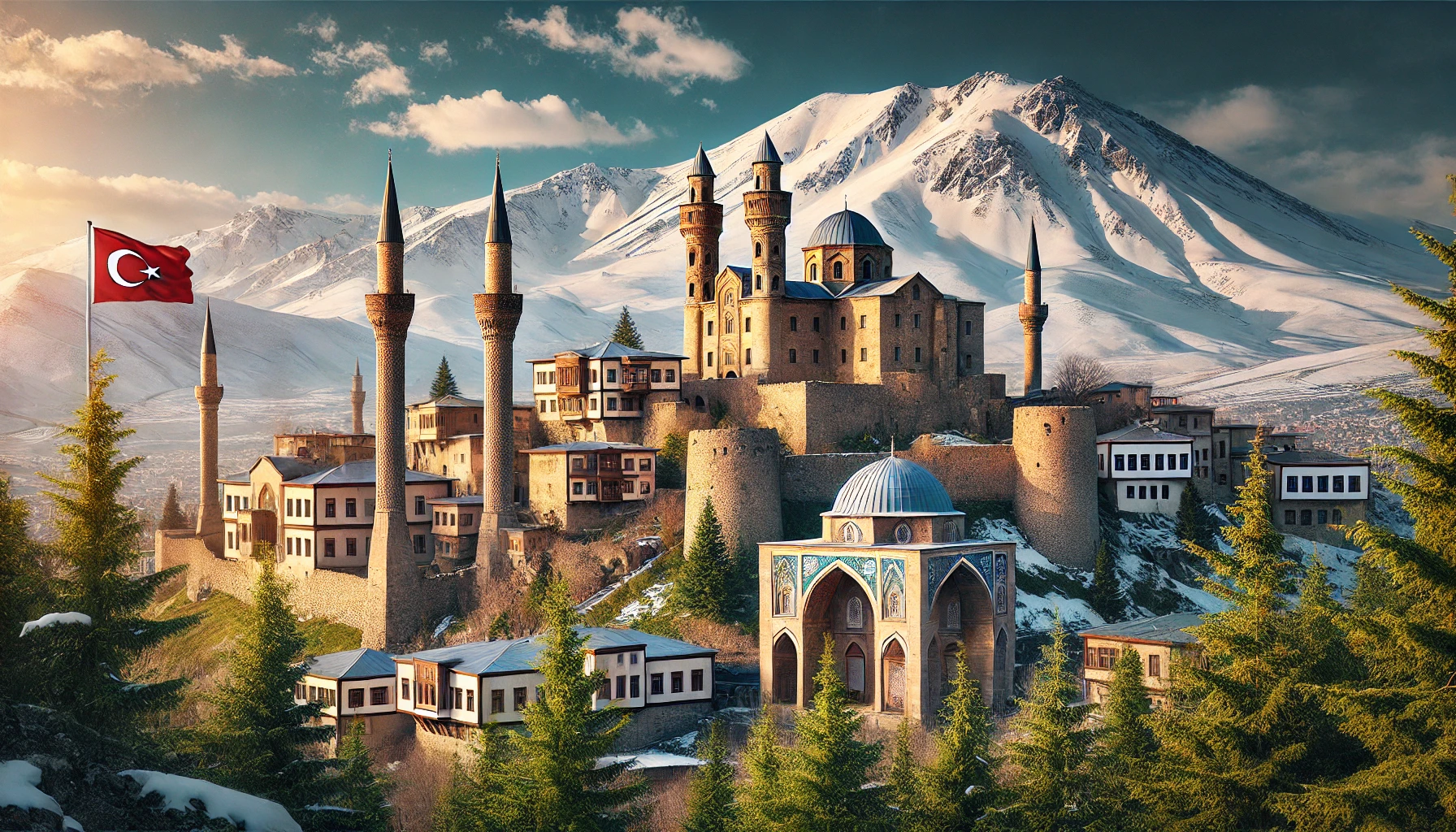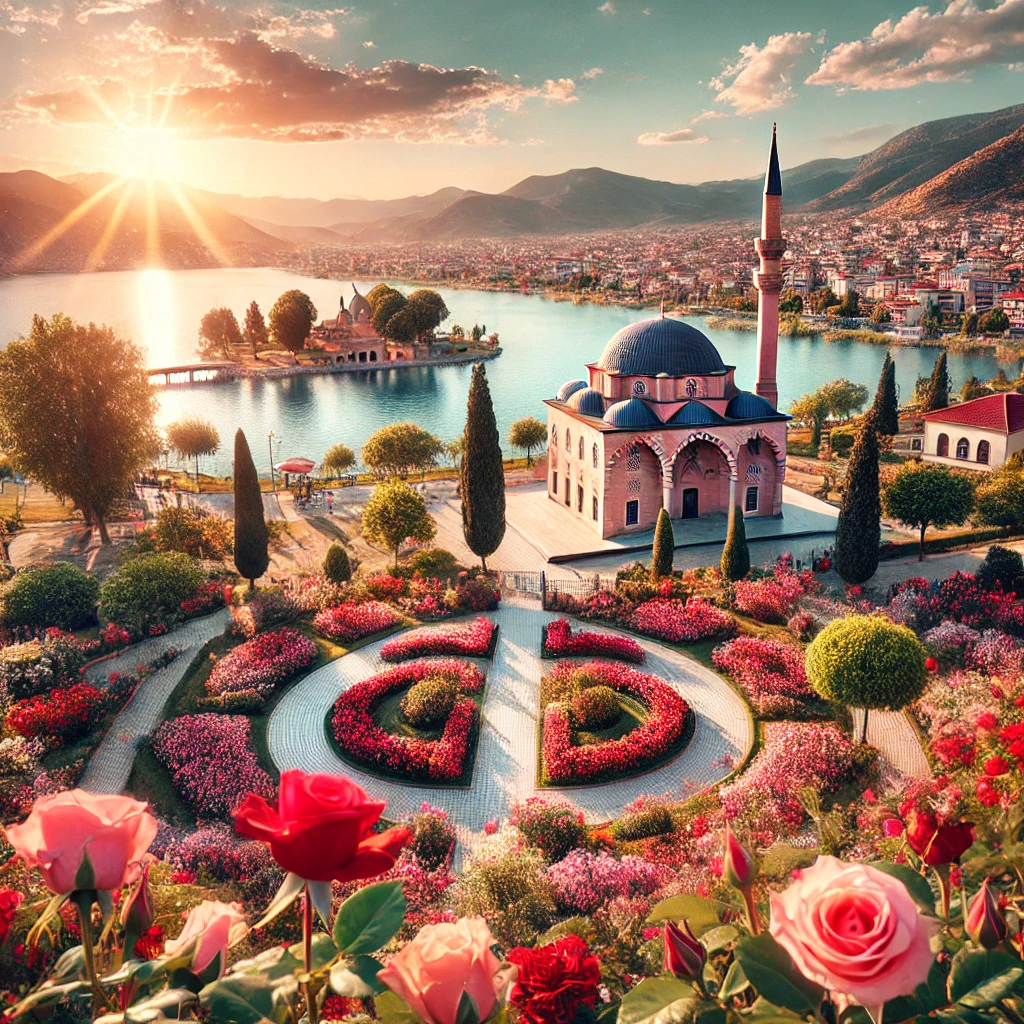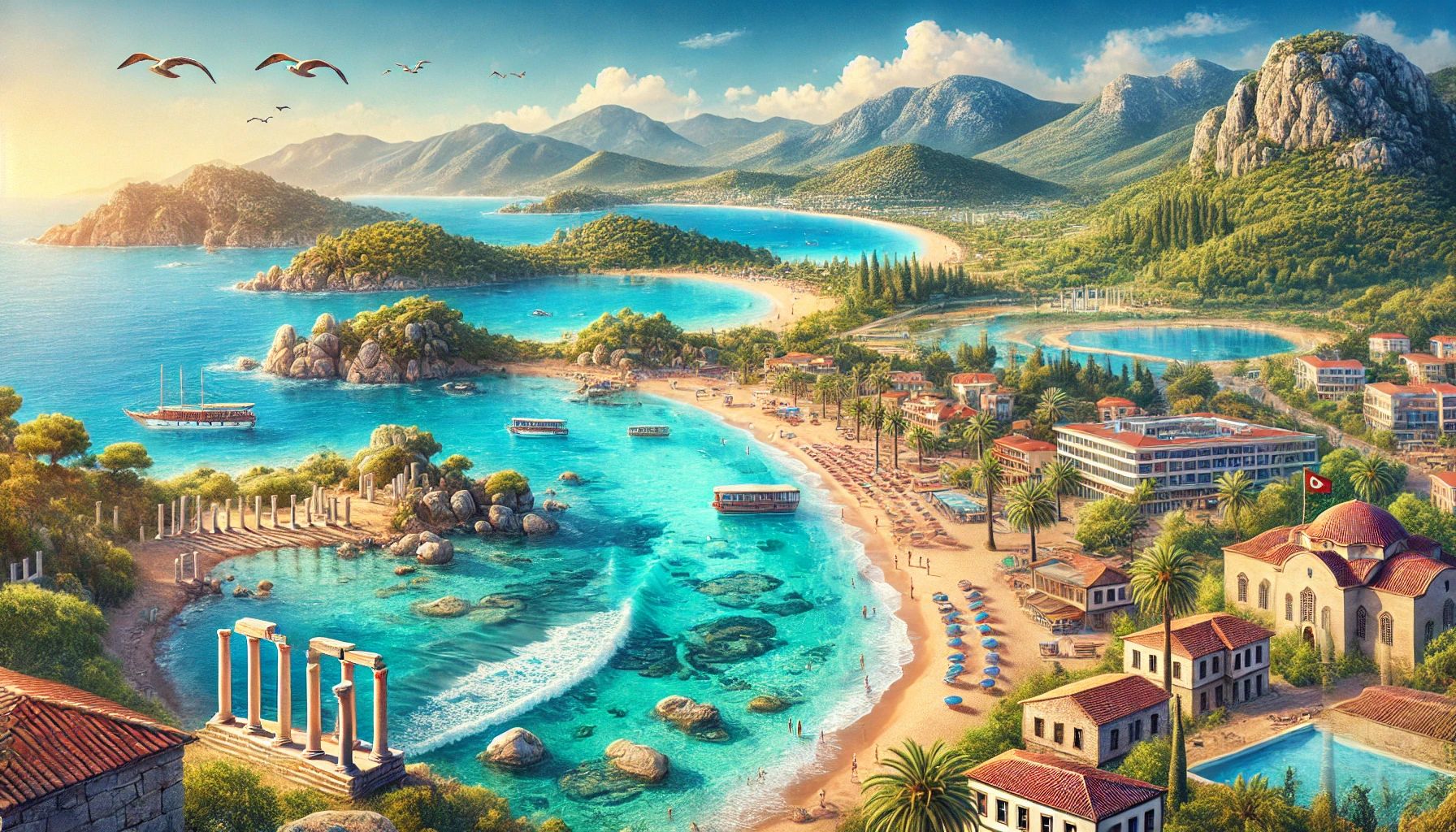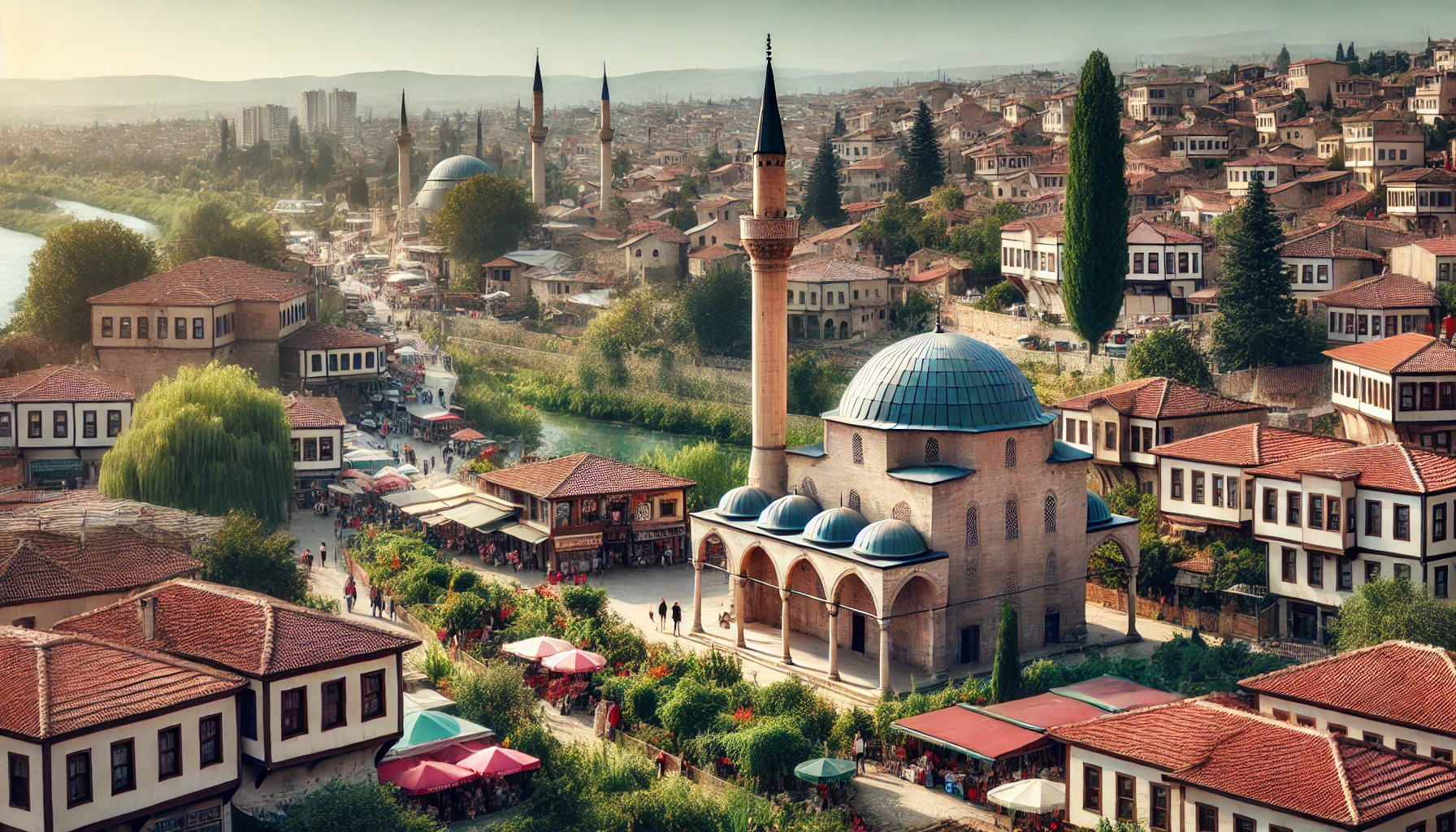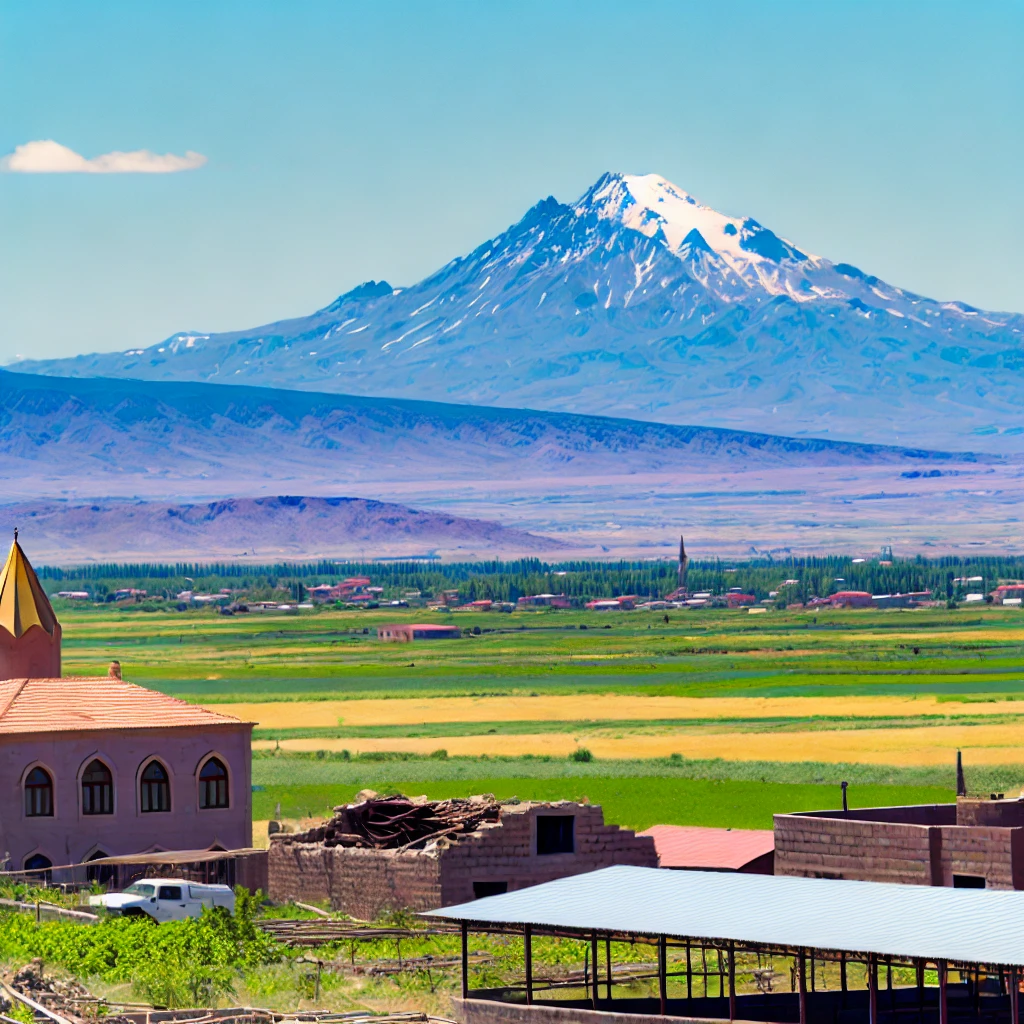Discover Siirt: A Historical and Cultural Gem in Southeastern Turkey
Siirt, a city located in southeastern Turkey, is a blend of rich history, diverse culture, and natural beauty. Known for its unique cultural heritage and historical significance, Siirt is a fascinating destination for travel enthusiasts. With a population of 160,340 as of 2021, the city is a hub of Kurdish, Arab, and Assyrian communities. Join us as we delve into the wonders of Siirt, a city that promises an unforgettable journey.
The Historical Significance of Siirt
Ancient and Medieval Eras
Siirt, historically known as Saird, has roots that trace back to pre-Islamic times. It was once a diocese of the Eastern Orthodox Church. During the medieval period, Arzen was the dominant city, competing with Hasankeyf for regional control. Siirt rose to prominence in the 14th century and remained dependent on Hasankeyf until the 17th century. The city’s Christians worshipped in Syriac, a liturgical language still in use today by various Eastern Christian communities.
Ottoman and Early 20th Century
From 1858 to 1915, Siirt was the seat of a bishop of the Chaldean Catholic Church. However, the city faced significant turmoil during World War I, with the Armenian and Assyrian populations becoming victims of genocide. The historical chronicles, such as the Syriac Bible of Paris and the Chronicle of Seert, offer glimpses into Siirt’s rich ecclesiastical history.
Demographic Evolution
Historical Demographics
Mark Sykes documented Siirt as a city inhabited by Kurds, Arabs, Assyrians, and Armenians. In the 19th century, many Armenians left due to persecution and economic hardships. By 1914, the Armenian Patriarchate of Constantinople recorded 4,437 Armenians in Siirt, but this number drastically declined due to the Armenian genocide.
Modern Demographics
Today, Kurds form the majority in Siirt, with significant Arab and small Yezidi communities. The Kurdish tribes in the city include Botikan, Dudêran, Elîkan, Keşkoliyan, Silokan, and Sturkiyan. The diverse cultural fabric makes Siirt a unique mosaic of traditions and languages.
Political Landscape
Governance and Elections
In the 2019 municipal elections, Berivan Helen Işık of the Peoples’ Democratic Party (HDP) was elected mayor. However, she was dismissed in 2020 over terror charges, and Ali Fuat Atik, the Governor of Siirt Province, was appointed as a trustee. This political volatility reflects the broader challenges faced by the region.
Cultural and Historical Landmarks
Great Mosque (Ulu Cami)
The Great Mosque, built in 1129 by the Great Seljuk Sultan Mahmud II, is a landmark of Siirt. The mosque was further developed by the Ottoman Empire and restored in 1965. It stands as a testament to the city’s historical and architectural heritage.
Historical Churches and Monasteries
Siirt was once home to several Armenian and Assyrian churches and monasteries. Though many were destroyed or repurposed over time, these sites offer a glimpse into the city’s rich religious history. Notable mentions include the Syriac manuscript of Theodore of Mopsuestia’s De Incarnatione.
Modern Siirt: A Blend of Tradition and Progress
Economy and Infrastructure
Siirt remains one of the poorer cities in Turkey, but it has seen development in certain neighborhoods with modern housing, shops, banks, and hotels. The city’s economy is primarily based on agriculture, with significant contributions from livestock farming and local crafts.
Education and Development
Despite economic challenges, Siirt has made strides in education and infrastructure. The city is home to several educational institutions and has seen improvements in public services and facilities, contributing to the overall development of the region.
Natural Beauty and Climate
Scenic Landscapes
Siirt’s location in southeastern Turkey provides it with stunning natural landscapes. The city is surrounded by mountains and valleys, offering picturesque views and opportunities for outdoor activities such as hiking and exploring nature trails.
Climate
Siirt has a hot-summer Mediterranean climate, characterized by very hot, dry summers and chilly, wet winters. The highest recorded temperature is 46.0°C, while the lowest is -19.3°C. Winter months see frequent frost and occasional snowfall, adding to the city’s scenic charm.
Famous Personalities from Siirt
Influential Figures
Siirt has produced several notable figures, including:
- Addai Sher: Chaldean Catholic archbishop and martyr during the Assyrian genocide.
- Mehmet Güney: Diplomat and judge.
- Coşkun Aral: Correspondent, photojournalist, television journalist, and documentary film producer.
- Ethem Sancak: Businessman.
- Yasin Aktay: Chairman of the Justice and Development Party in Turkey.
- Hasan Özer: Footballer and manager.
- Evin Demirhan: Freestyle wrestler.
Visiting Siirt: Practical Information for Travelers
Getting There
Siirt is accessible by road and air. The nearest airport is Siirt Airport, providing connections to major Turkish cities. The city is also well-connected by road, making it convenient for travelers.
Accommodation and Dining
Siirt offers a range of accommodation options, from budget-friendly hotels to more upscale establishments. The local cuisine is a delightful blend of Kurdish and Arabic flavors, with dishes such as kebabs, dolmas, and a variety of meat and vegetable dishes.
Best Time to Visit
The best time to visit Siirt is during the spring and autumn months when the weather is mild and pleasant. These seasons offer ideal conditions for exploring the city’s historical sites and enjoying its natural beauty.
Conclusion
Siirt, with its rich history, cultural diversity, and stunning natural landscapes, is a hidden gem in southeastern Turkey. From the ancient ruins and historical landmarks to the vibrant cultural heritage, Siirt offers a unique travel experience for enthusiasts. Whether exploring its historical sites, enjoying its local cuisine, or engaging with its diverse communities, Siirt promises an unforgettable journey.
Discover more about Siirt and plan your visit by exploring resources and guides available at visitturkey.in. Travel Turkey and uncover the treasures of Siirt!
Latest Update: Aug 4, 2024
Your Content Goes Here
TAGS: ancient city Siirt, Ottoman Siirt, Siirt, Siirt archaeological sites, Siirt culture, Siirt education, Siirt festivals, Siirt history, Siirt landscapes, Siirt local cuisine, Siirt museums, Siirt natural beauty, Siirt tourism, Siirt transport, Siirt travel guide, Siirt Turkey, travel Siirt, visit Siirt
The Region of Siirt
A brief summary of the key points in this article.
Latest Travel Guides
Weather Today in Siirt, Turkey
Location: Siirt
Temperature: -1.62°C
Condition: Overcast clouds

